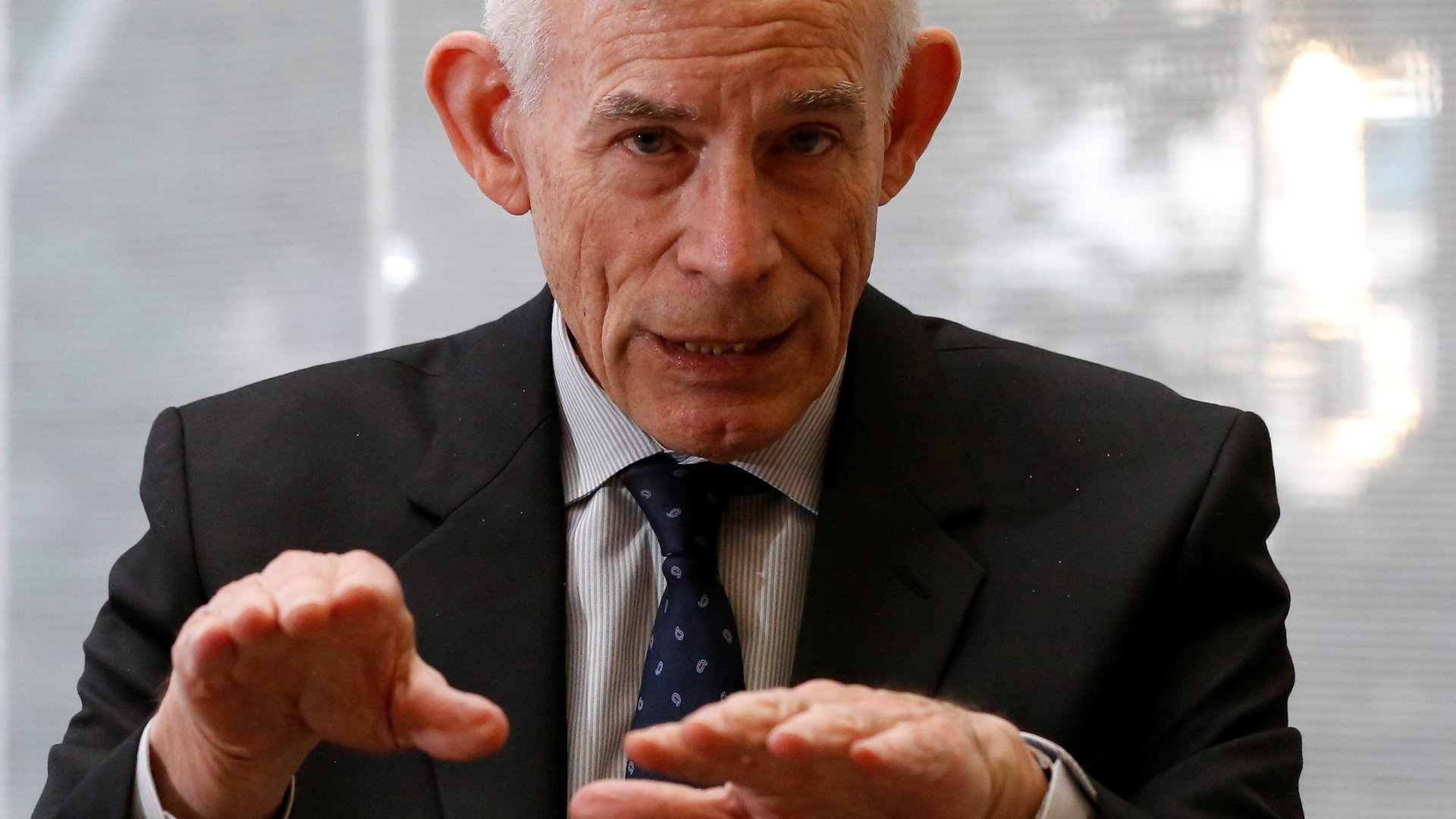Economics is the least nuanced social science
Economics lacks nuance. Or at the very least, economists don’t say “nuance” as often as their social-science counterparts.


Economics lacks nuance. Or at the very least, economists don’t say “nuance” as often as their social-science counterparts.
To Kieran Healy, a sociologist at Duke University, that’s not a bad thing. Healy thinks the rise in the use of “nuance” among academic communities reflects a cheap substitute for substance. In Fuck Nuance (pdf)—yes, that was published in the journal Sociology Theory, and yes, academics do have a sense of humor—he shows that “self-conscious nuance” is a distinctly contemporary problem in sociology. Since 1990, “nuance” has appeared in almost a quarter of the papers published by the field’s top journals.
This pattern isn’t limited to sociology: Anthropology actually takes the cake for most “nuance,” and the term is on the rise in history and politics too. Even in economics, where “nuance” is minimal, its use in absolute terms is on the rise. The American Economic Review, The Quarterly Journal of Economics, and The Journal of Political Economy all saw sharp (exponential, actually) increases in the use of “nuance” in the past half-century.
What’s driving this trend? One possibility is the recent influx of PhDs in the social sciences. As more people clamor to publish something in a field, it can become easier to chip away at existing theories—i.e. add nuance—than offer up new ones. But it’s hard for nuance alone to sustain innovation; that usually takes a “breakthrough.”